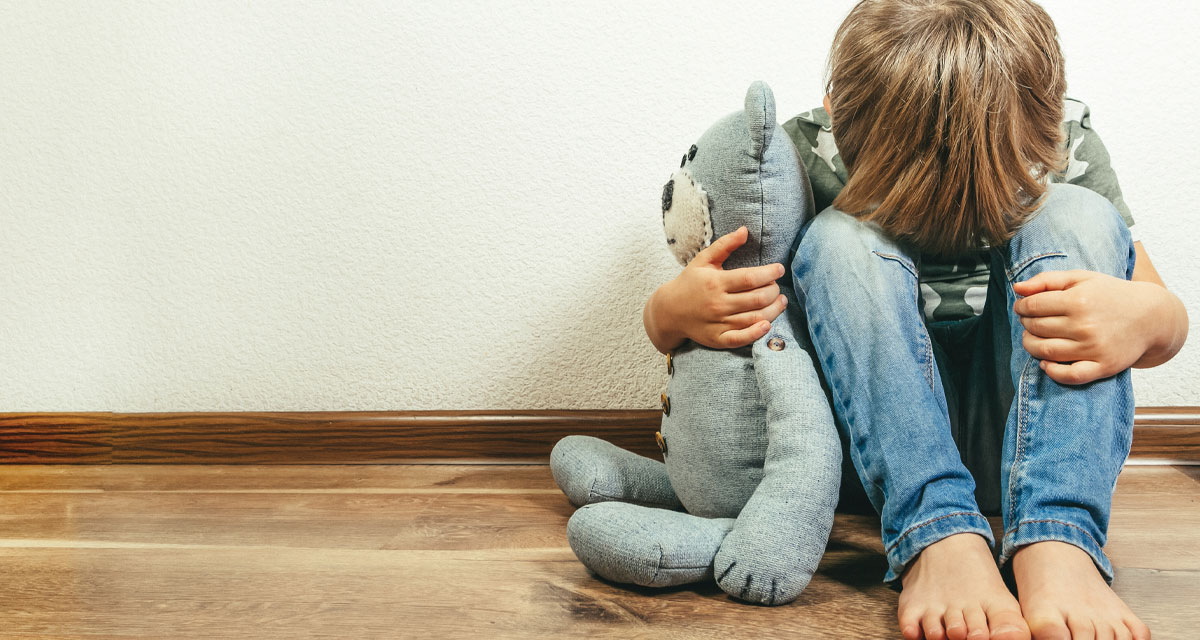Each month this series will provide important facts and tips surrounding child safety in an effort to support parents and caregivers as they navigate reducing risks and creating the safest environment possible for the children in their lives.
Every April, “National Child Abuse Prevention (CAP)” recognizes the month as time to remind communities of the important role each of us plays collectively to strengthen families and protect children against abuse through education and other resources. “National Child Abuse Prevention Month” can bring up some difficult feelings, but it’s an incredibly important opportunity to face a very real issue that needs all of our attention and support.
Keeping Children Safe Takes a Village
Every child should grow up in a safe, stable, and nurturing environment. While parents and caregivers are key to making this a reality, it is the support and commitment from their community that brings about all the difference in making it a reality through preventive measures. This month, we hope you’ll take time to read through the tips below on how to identify, and protect against, child abuse and neglect.
Prioritizing Child and Family Well-Being
Supporting all areas and seasons that make up the family unit is a widely important source of prevention when it comes to protecting children. This includes making healthy marriages and parents, grandparents, and children a priority through opportunities for support resources. This can include resources such as peer-to-peer groups, both virtually and in-person, free and low-cost mental health and counseling services, as well as public and private programs for prevention and rehabilitation. Allowing parents and families to know they are supported and cared for by their loved ones and communities in all seasons is at the core of prevention. This could be something as simple as a helping hand or a listening ear.
Promoting Valuable and Educational Programs
Some topics can often feel taboo and even awkward to discuss; however, something as serious as neglect and abuse deserves to be in the spotlight. When places like churches, schools, libraries, and other community centers create programming structured around prevention of abuse and family issues, this has proven to help keep children safe, decreasing the likelihood for abuse to take place. The Department of Children and Families says that after-school activities, parent education classes, mentoring programs, and respite care are some of the many ways programming can help. Education plays an important role in defining what constitutes abuse, how to prevent it, what to do if someone suspects it and more. These programs are beneficial not only to adults, but for children as well.
Identifying Risk, Maltreatment and Abuse
Teach children their rights and make sure from a young age they understand what a healthy, loving relationship with both their peers and grown-ups looks like. “When children are taught that they have the right to be safe, they are less likely to think abuse is their fault, and more likely to report an offender,” said the Department of Children, Youth & Families. Having a plan for age-appropriate conversations with the youth in your life about physical, sexual, and emotional abuse is important in keeping them safe. As an adult, being aware of signs, such as unexplained injuries, depression, inappropriate sexual behavior, secrecy, unnecessary hostility, depression, and difficulty trusting adults can all be signs of neglect and abuse that are worth looking into.
“If You See Something, Say Something.”
Never forget that your voice matters and can make all the difference. If you ever have a reason to believe that a child has been harmed or is in danger, you can call your local department of children and family services or your local police department with the legal option to report anonymously.
Helpful Resources to Learn More
- Family Services of Forsyth County www.familyservicesforsyth.org
For more information, contact Family Services Child Advocacy Center at 336.354.1067}
- Prevent Child Abuse North Carolina (PCANC) www.preventchildabusenc.org



















